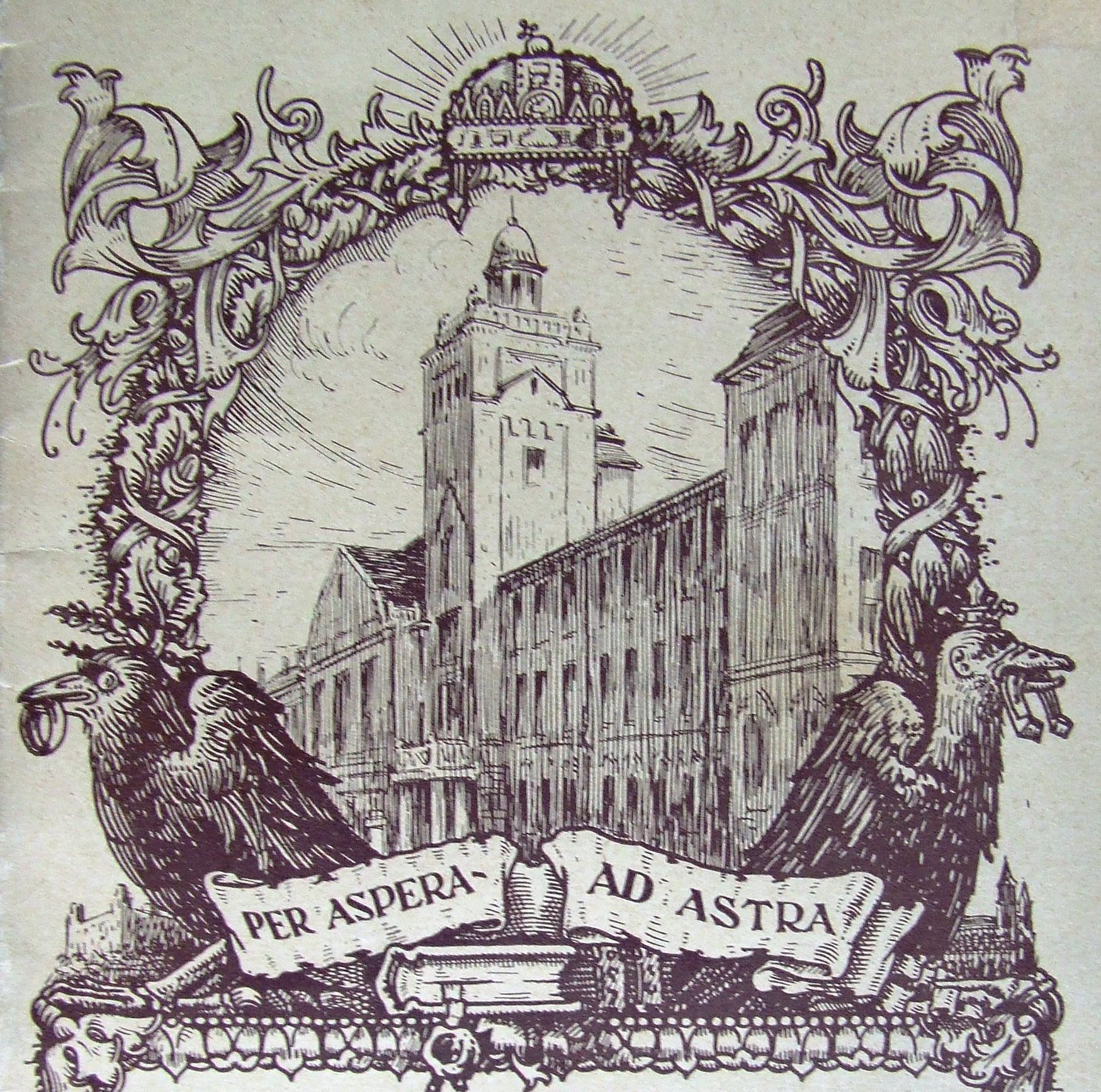Identity Constructions of the Elisabeth University
DOI:
https://doi.org/10.15170/PAAA.2023.10.01.04.Keywords:
university identity, organisational identity, identity narrative, Elisabeth UniversityAbstract
The university, like any other institution, creates different narratives about its function, its relationship with the academic-scientific sphere, its local relations, etc., depending on its role, which can give it legitimacy, highlight its present excellence, and provide orientation for the future. However, the formation and shaping of institutional identity does not take place in a vacuum: because a university that wishes to be recognised in its wider or narrower environment must also take into account the current political, scientific, local, etc. frameworks and narratives that determine its operations. In addition, the narratives of the university's external and internal publicity, which usually aim to portray an uninterrupted and promising development, are also challenged by the various disruptions and disturbances of its operation (such as a forced change of location, a more or less significant loss of functions, the uncertainty resulting from an organisational change or the threat of closure). The self-image of the Elisabeth University during the Horthy era was that of a double-seated institution with a centuries-old intellectual heritage and a troubled fate. The various adjectives, rich metaphors and idioms expressing this were a constant element in the speeches at university ceremonies as well as in the visual representations of the institution. This paper presents the six most prominent identity narratives of the Elisabeth University.
Downloads
References
Asztalos Miklós: Pécs szellemi élete. Magyar Szemle 3. (1929):5–8. 216–226.
Benke József: Egyetemünk története. [Pécs], 2000.
Császár Mihály: Az Academia Istropolitana, Mátyás király pozsonyi egyeteme. Pozsony, 1914.
A Pozsonyi Magyar Királyi Erzsébet-Tudományegyetem 1917/18. tanévi irataiból. I. Füzet. Pozsony, 1917.
A Pozsonyi Magyar Királyi Erzsébet-Tudományegyetem 1917/18. tanévi irataiból. III. Füzet. Pozsony, 1918.
A Magyar Királyi Erzsébet Tudományegyetem 1934/35. tanévi irataiból. 1. Füzet. Pécs, 1935.
A Magyar Királyi Erzsébet-Tudományegyetem 1941–42. tanévi irataiból. Pécs, 1942.
Halasy-Nagy József: Summa vitae. In: A Móra Ferenc Múzeum Évkönyve: Studia Historiae Literarum et Artium 2. Szerk. Lengyel András. Szeged, 1999. 207–237.
Hechler, Daniel – Pasternack, Peer: Traditionsbildung, Forschung und Arbeit am Image: die ostdeutschen Hochschulen im Umgang mit ihrer Zeitgeschichte. Leipzig, 2013. (Hochschulforschung Halle Wittenberg) ǁ [Google Scholar] https://tinyurl.com/4rrc4y5k
Ladányi Andor: Klebelsberg felsőoktatási politikája. Budapest, 2000.
Lengvári István: A város és az „árva leány”. Pécs és az Erzsébet Tudományegyetem. Limes 17. (2004):4. 83–92.
Lukinich Imre: Az egyetem alapításának története. Pécs, 1933. ǁ [Google Scholar] https://tinyurl.com/fffmzjdc
Pálmai Dóra: Dudits Andor freskója az Erzsébet Tudományegyetemen. TGYOBlog, 2016. március 24. (https://tgyoblog.wordpress.com/2016/05/24/dudits-andor-freskoja-az-erzsebet-tudomanyegyetemen/) [2023.04.23.]
Picard, Emmanuelle: Recovering the History of the French University. studium. Tijdschrift voor Wetenschaps- en Universiteitsgeschiedenis / Revue d'Histoire des Sciences et des Universités 5. (2012):3. 159–169. ǁ [DOI] https://doi.org/10.18352/studium.8253 ǁ [Google Scholar] https://tinyurl.com/ycxyyz26
Pilkhoffer Mónika: A pozsonyi Erzsébet Tudományegyetem letelepedése Pécsett, és működésének infrastrukturális nehézségei a két világháború között. In: Trianon után: határon innen és túl. Szerk. András Ferenc – Kalmár Zoltán. Budapest, 2021. 167–184.
Polyák Petra: Pécsi egyetemi jubileumok a 20. században. In: Évszázados történetek Pécsről. Dolgozatok a Csorba Győző Könyvtár Helyismereti Gyűjteményének műhelyéből. Szerk. Wéber Adrienn. Pécs, 2019. 111–126.
Rozs András: Pécs, a befogadó város. In: 80 éve Pécsett. A város és egyeteme. Szerk. Nagy Ferencné – Vonyó József. Pécs, 2003. 35–48.
Schuch, Gereon: Hochschulen und politischer Wandel. Eine exemplarische Untersuchung der Universität Pécs (Ungarn) in den Jahren 1939–1950. (Inauguraldissertation). Stuttgart, 2003.
P. Szabó Béla: Az 1912. évi XXXVI. törvénycikk „a debreczeni és a pozsonyi magyar királyi tudomány egyetem felállításáról” szövege és miniszteri indokolása (Forrásközlés). Gerundium 2. (2011):1–2. 135–162. (https://ojs.lib.unideb.hu/gerundium/article/view/1201/1199) [2023.05.23.] ǁ [Google Scholar] https://tinyurl.com/5dsc5mxd
Szeberényi Gábor: Holub József és a Tagányi-könyvtár Pécsre kerülése. Egy „vidéki” történészprofesszori egzisztencia lehetőség-feltételei az 1920-as évek elején I. Per Aspera ad Astra 1. (2014):2. 117–137. (https://journals.lib.pte.hu/index.php/paaa/article/view/3851/3573) [2023.05.04.] ǁ [DOI] https://doi.org/10.15170/PAAA.2014.01.02.07 ǁ [Google Scholar] https://tinyurl.com/mtx6arww
Weszely Ödön: Az egyetem eszméje és típusai. Minerva 8. (1929):4–7. 125–171. ǁ [Google Scholar] https://tinyurl.com/yz5c4tj6

Downloads
Published
How to Cite
Issue
Section
Categories
License
Copyright (c) 2024 Petra Polyák

This work is licensed under a Creative Commons Attribution-NonCommercial-NoDerivatives 4.0 International License.










